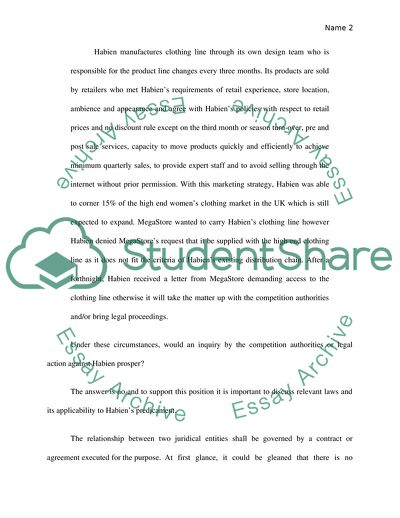Cite this document
(The Limitations Imposed by Law Case Study Example | Topics and Well Written Essays - 2000 words, n.d.)
The Limitations Imposed by Law Case Study Example | Topics and Well Written Essays - 2000 words. Retrieved from https://studentshare.org/law/1744670-commerical-law
The Limitations Imposed by Law Case Study Example | Topics and Well Written Essays - 2000 words. Retrieved from https://studentshare.org/law/1744670-commerical-law
(The Limitations Imposed by Law Case Study Example | Topics and Well Written Essays - 2000 Words)
The Limitations Imposed by Law Case Study Example | Topics and Well Written Essays - 2000 Words. https://studentshare.org/law/1744670-commerical-law.
The Limitations Imposed by Law Case Study Example | Topics and Well Written Essays - 2000 Words. https://studentshare.org/law/1744670-commerical-law.
“The Limitations Imposed by Law Case Study Example | Topics and Well Written Essays - 2000 Words”. https://studentshare.org/law/1744670-commerical-law.


